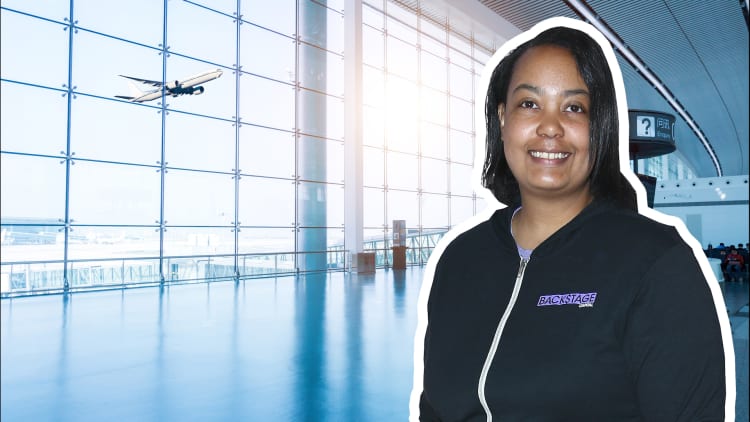In a report released on Thursday, Accenture draws connections between equality and innovation.
Accenture surveyed over 18,000 workers in 27 countries, including more than 150 C-suite-level executives, and found that at organizations that treat women and men more equally, innovation was significantly higher than at those that do not.
In fact, innovation is six times higher at organizations with the most equal workplace cultures compared to those organizations with the least equal ones, according to the report.
This claim was backed-up by employee responses. About 40 percent of those from the most equal organizations said "nothing stops me from innovating," compared to just 7 percent from those with high levels of inequality.
The report used 40 different factors to determine if an organization had a culture of equality, including transparent goals for closing the gender pay gap, a diverse leadership team and clear parental, paternity and maternity leave policies.
An overwhelming 95 percent of business leaders see innovation as vital to competitiveness and business viability and 91 percent of workers want to be innovative, but in practice, most organizations fall short. Seventy-six percent of business leaders told Accenture that they regularly empower employees to be innovative but only 42 percent of workers agree.
This gap could be costing companies serious cash. Accenture estimates that global gross domestic product would increase by as much as $8 trillion over 10 years if employees' "innovation mindset" were raised by just 10 percent.
"We understand that in order to get to a place where we continue to innovate, our people need to feel that we have an empowering environment," Nellie Borrero, Senior Global Inclusion & Diversity Managing Director at Accenture tells CNBC Make It. "We have discovered through this research, and talking with people inside and outside of Accenture, that when someone feels that they are operating an empowering environment, they get to a place where they're willing to take more risks."
Taking these kinds of innovative risks is "a business imperative" says Borrero.
"When you feel you have a support structure, when you have sponsorship, you are at liberty to take more risk, which in turn really equals innovation and being able to deliver for that organization."
Like this story? Subscribe to CNBC Make It on YouTube!
Don't miss:



